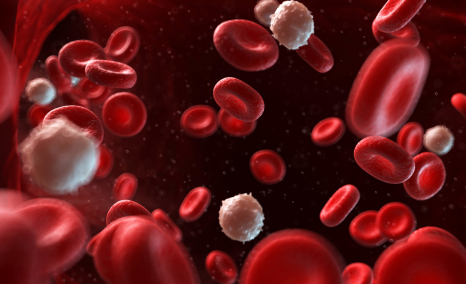The development of antibiotics is vital to our survival, yet the rise of antimicrobial resistance is threatening to make them ineffective in the near future. A recent study estimates 200,000 babies die each year as a result of the over-use Of Antibiotics. Overall Antibiotic-resistant microorganisms play a role in 23,000 deaths each year. The World Health Organization has estimated that antibiotics treatment usually adds an average of 20 years to all of our lives. In the past 80 years, since penicillin has been discovered, the overuse of antibiotics has put pressure on bacteria to evolve resistance, leading to the emergence of untreatable superbugs that threaten the basis of modern medicine.
According to The US Centers for Disease Control and Prevention (CDC), antibiotic-resistant pathogens sicken 2 million Americans a year and listed the three most urgent threats as Clostridium difficile, carbapenem-resistant Enterobacteriaceae (CRE), and Neisseria gonorrhoeae. The World Health Organisation (WHO) has published its first ever list of antibiotic-resistant ‘priority pathogens’ — a catalogue of 12 families of bacteria that pose the greatest threat to human health. CDC Atlanta, which houses one of world’s most advanced laboratories, conducted tests on the woman’s wound specimen later and confirmed the presence of New Delhi Metallo-Beta-Lactamase (NDM) — a superbug that makes bacteria resistant to antibiotics. The misuse of high-end antibiotics for treatment of common health conditions gives rise to these bacteria.
Recently, a team from University College London demonstrated that it’s possible for antibiotics to effectively kill resistant bacteria through sheer “brute force.” The team has also published their findings in the journal Scientific Reports and according to the industry’s leading experts, this research is welcome but there’s still a lot of work to be done for finding an effective solution to the problem of emergence of superbugs. We need to understand that the growing anti-microbial resistance is a global problem and it needs to be changed for our own sustainability. The overall solution involves a long-term path towards a more intelligent use of antibiotics enabling a future of more effective prevention, targeted treatments and smart clinical decision support systems.



